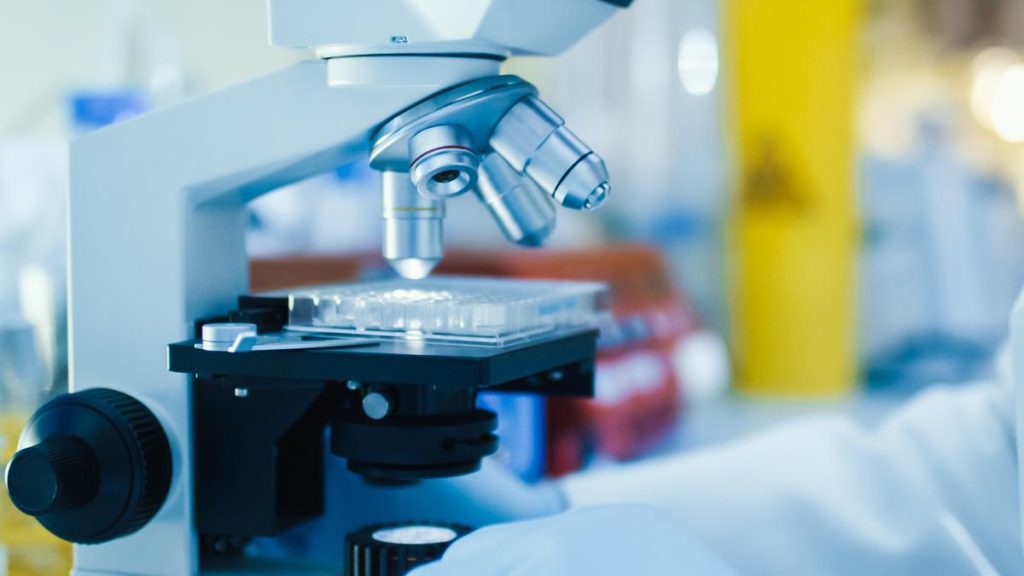Now Reading: Uber’s New Shuttle Service Draws Comparisons to Public Buses
-
01
Uber’s New Shuttle Service Draws Comparisons to Public Buses
Uber’s New Shuttle Service Draws Comparisons to Public Buses

Speedy Summary
- Uber recently launched Route Share, a shuttle service with fixed routes, stops, and schedules in seven U.S.cities.
- The company claims the program will provide “more affordable, more predictable” transportation during peak hours.
- Uber’s leadership acknowledged route Share is inspired by conventional buses but aims to reduce costs for consumers while addressing congestion and environmental concerns.
- Critics argue the service may worsen climate impacts as ride-hailing services typically emit more CO₂ than displaced trips.
- Sustainability concerns stem from “deadheading” miles-drivers traveling without passengers-wich increases emissions unless electric vehicles are used extensively.
- Experts worry Uber undermines public transit systems already struggling with budget shortfalls post-COVID, especially in cities like Philadelphia and Dallas facing severe service cuts imminently.
- Studies show over half of ride-hail trips replace enduring modes of transport (e.g., walking or public transit), not personal car usage despite Uber’s assertions or else.
Indian Opinion Analysis
the launch of Route Share highlights a broader global trend where private companies attempt to fill gaps left by underfunded public transit systems. While innovative transport solutions like these could inspire better efficiency, there are significant risks involved. Any displacement of existing mass transit options threatens equity-public transportation serves vulnerable populations who rely on its low cost and universal access.
Environmental implications also remain concerning; carbon inefficiencies from non-passenger “deadhead” driving add to pollution levels unless scaled electric adoption occurs. For India, where urban congestion and air pollution strain infrastructure daily, lessons emerge: strengthening accountable public transit is key rather than outsourcing to private entities that prioritize profitability over inclusivity.India’s burgeoning gig economy regularly innovates within mobility startups catering to cities’ vast commuter segments. Balancing innovation with sustainability demands vigilance from policymakers ensuring ecological benefits alongside meeting urban accessibility goals equitably.
























